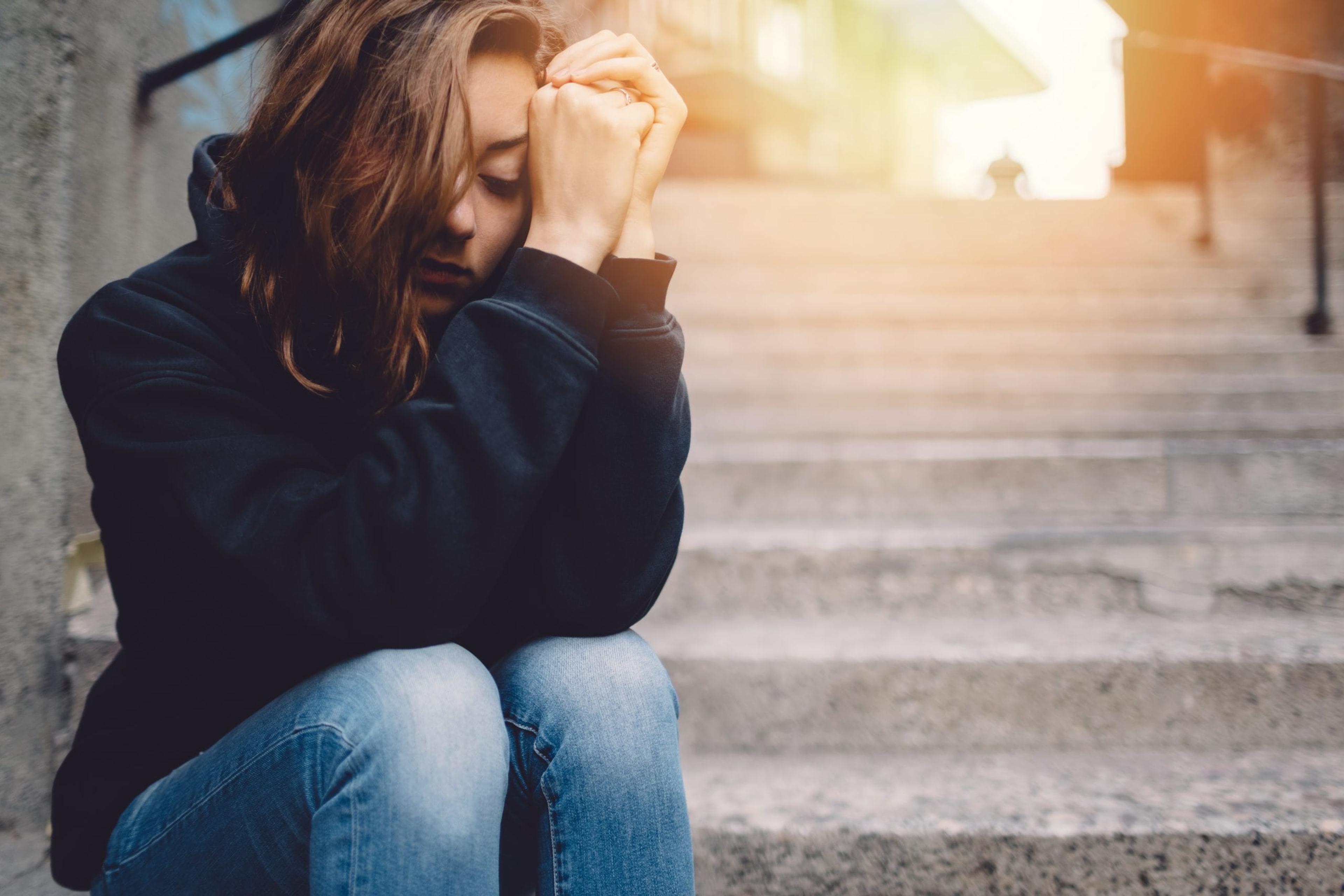Families Against Narcotics: Combating Opioid Epidemic One Person, Family at a Time
Julie Bitely
| 4 min read

Jason could “make you laugh and cry with his infectious personality.” Everyone who met Allison “adored her charisma and joyful spirit.” Brian loved to hunt. Alyssa played soccer and softball. Eric enjoyed music and cooking. The names, pictures and memories from loved ones left behind on a “Lost Too Soon” page on Families Against Narcotics’ website make clear the devastation left in the wake of a death caused by an accidental drug overdose. Formed in 2007 as a response to the overdose deaths of two young people in Fraser, Michigan, FAN’s ultimate mission is to work toward a world where no family has to bear such an unimaginable loss. Based in Macomb County, the grassroots organization’s open and honest way of talking about substance use disorder has fueled its growth, said executive director Linda Davis. FAN offers more than 34 monthly support meetings across Michigan and has expanded to include 22 chapters in the state, with more planned. Acknowledging substance use disorder in yourself or in a loved one is often the first step toward finding help. “So many people suffer in silence,” Davis said. Education and support services are core to how FAN combats the dangers of drug abuse, particularly opioids, whether in the form of prescription drugs or heroin. Almost 70% of the more than 67,000 drug overdose deaths in 2018 involved an opioid and numbers have been rising during the COVID-19 pandemic. Key programming and support services include:
- “Real People Sharing Real Stories” A program that features parents affected by addiction, parents who have lost loved ones and young people in recovery. Featured speakers have shared their experiences with thousands of students in more than three dozen school districts and have presented at conferences and community meetings across the state and country.
- Hope Not Handcuffs- People struggling with substance use disorder can come to one of 86 participating Michigan police stations and ask for help. More than 4,600 people have been helped since Hope Not Handcuffs began in 2017. A 2018 grant from the Blue Cross Blue Shield of Michigan Foundation helped FAN expand the program. Read about the experience of a Hope Not Handcuffs 'Angel' here.
- Hope and Healing- A newer, hospital-based version of Hope Not Handcuffs. It allows people admitted to the hospital or ER due to an overdose the opportunity to seek help, by either calling an 800 number or filling out an online assessment.
- Comeback Quick Response Team- A recently launched initiative that aims to assist survivors of drug overdoses. Piloted with the Sterling Heights Police Department, a team made up of a police officer, recovery coach and medical professional work together to perform a post-overdose wellness check. Prior to the COVID-19 pandemic, which put the program on hold for safety reasons, Comeback had a 77% success rate. The program recently expanded to Roseville and Ferndale, and several more Michigan police departments are expected to launch it soon.
FAN also offers peer recovery coaching, family recovery coaching, naloxone training, sober living scholarships and addiction support groups for family and friends of people struggling with addiction. Blue Cross Blue Shield of Michigan is the presenting sponsor of FAN’s annual Fall Fest gala, going virtual for 2020. Tickets for the event can be purchased here. Funds raised will support FAN programming. Blue Cross Blue Shield of Michigan president and CEO Daniel J. Loepp will be honored during the event. “Words cannot express how grateful Families Against Narcotics is for the continuing support and funding we’ve received from Daniel Loepp and Blue Cross Blue Shield of Michigan over the last few years,” Davis said. “Thanks to Blue Cross, FAN has been able to expand its Hope Not Handcuffs program to more than 80 police departments across the state, allowing us to help many more individuals get started on their road to recovery. Our partnership with Blue Cross is truly invaluable. Together, we are making a huge difference in Michigan.” Related:
Photo credit: martin-dm





